(CTT - Dong Nai) - The intangible cultural treasure of ethnic minorities in Dong Nai is specifically expressed through elements such as language, customs, religious beliefs, festivals, folk knowledge... formed in the spiritual life of ethnic minorities. The preservation, maintenance and promotion of heritage values have contributed to historical education and fostering the fine traditional values of ethnic groups in Dong Nai.
Many rituals are restored and taught.
As a locality with Ong Pagoda Festival on the list of national intangible cultural heritage, recently, Bien Hoa city has coordinated with the Board of Directors of That Phu Co Mieu (Ong Pagoda) to develop a plan to organize the festival, promoting the value of the heritage in life.
The Ong Pagoda Festival in 2025 is expected to take place for 6 days, from February 5 to 10 (January 9 to 13) with a variety of activities such as: the ritual of requesting the letter; the traditional ceremony of welcoming the gods and offering incense; performances of traditional music, classical drama and folk games; Vietnamese - Chinese calligraphy exchange; releasing lucky balloons, releasing flower lanterns...
Head of the Board of Directors of That Phu Ancient Temple, Huynh Huu Nghia, said that maintaining and organizing the annual Ong Pagoda Festival aims to preserve and promote the value of intangible cultural heritage, create a cultural and religious space, and strengthen the solidarity of the Chinese and Vietnamese communities through traditional rituals and ceremonies, cultural, artistic and sports activities, etc. Thereby, gradually forming a unique cultural and religious tourism product of the locality, attracting tourists and people to visit and worship.
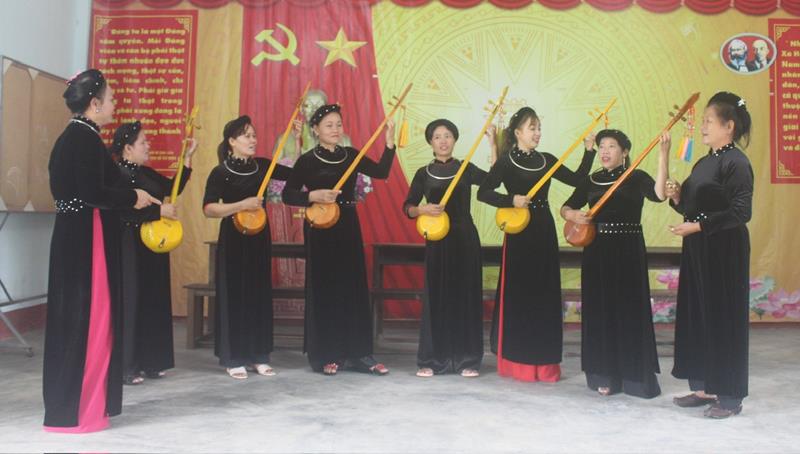
Mr. K'Thanh Hieu (Ma ethnic group, residing in Hiep Nghia quarter, Dinh Quan town, Dinh Quan district) said that the Ma people in Hiep Nghia have many unique cultural and spiritual products such as epics, songs, dances, especially gongs. Currently, in addition to the gong team at the Ma ethnic cultural house, in Ma Hiep Nghia village, there is a young artisan K'Be who is opening a gong class at home for local youth and children. However, the number of gongs is not enough (only 3/6 gongs), and the teaching is not continuous, so the communication efficiency is not high.
“With spontaneous gong teaching classes in the locality, I believe that if properly trained, these young people will be the successors, the future owners of the intangible cultural heritage in the community in particular and contribute to the gong cultural space in general. Because no one can replace them in preserving the soul and unique nature of their nation,” said K’Thanh Hieu.
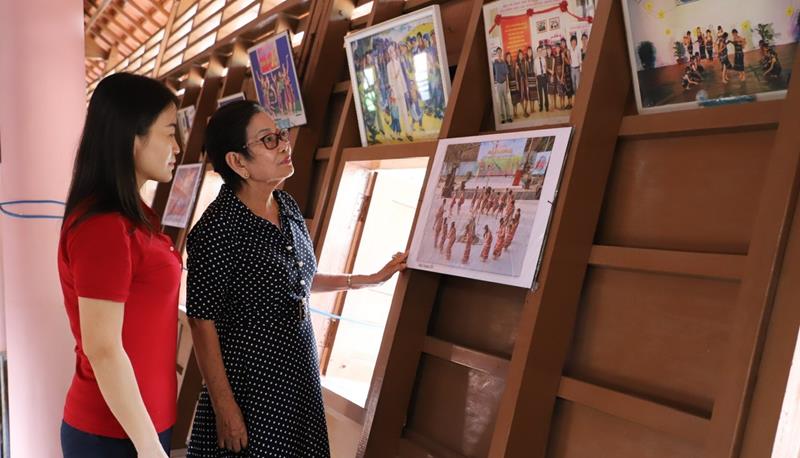
In 2024, the cultural sector signed a document to the Provincial People's Committee proposing to list the Sayangva Festival of the Choro people in Dong Nai as a National Intangible Cultural Heritage. This is the largest festival of the Choro people, praying for favorable weather, bountiful crops, peaceful life, prosperity and happiness for every family. During the festival, the Choro people perform gongs, compete in tug of war, sack jumping, crossbow shooting, blindfolded piggy bank smashing; enjoy bamboo rice cuisine , rice wine, etc.
Linking conservation with tourism development
Currently, Dong Nai only has 1 intangible cultural heritage listed as a national heritage (Ong Pagoda Festival) and 1 dossier has just been approved by the provincial council to submit to the Ministry of Culture, Sports and Tourism (Sayangva Festival). In addition, there are 2 dossiers that are seeking opinions from experts to submit to the Provincial People's Committee (Nguyen Huu Canh Communal House Festival and To Su Temple Vegetarian Festival).
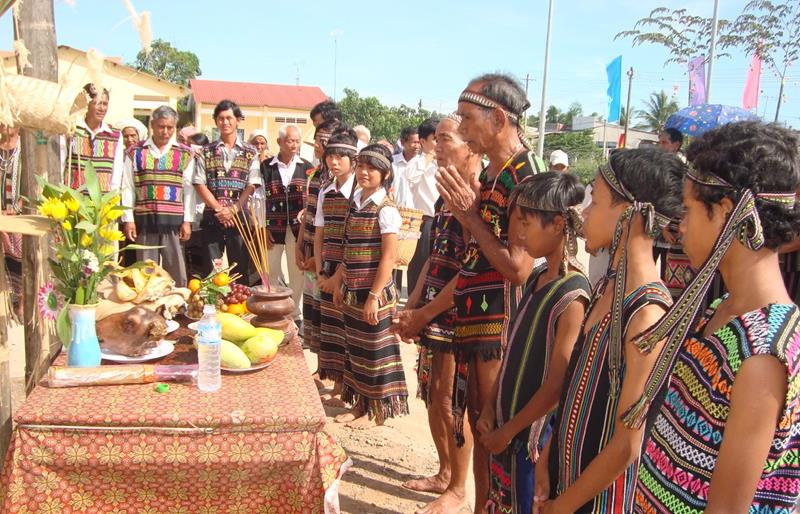
According to Associate Professor, Dr. Huynh Van Toi, Head of the Vietnam Folk Arts Association in Dong Nai , in order to preserve and promote the value of intangible cultural heritage in the province, it is necessary to regularly propagate, educate, and clarify so that the community and the whole society can recognize the value, role, and significance of heritage in life. Investigation, collection, research, and documentation for management need to be carried out more fully, synchronously, and systematically for better management. In particular, preservation and promotion need to be associated with tourism development, creating the soul for tourism activities.
Chairman of Dong Nai Historical Science Association Tran Quang Toai said that, in addition to preserving and restoring heritage, it is necessary to invest in economic , transportation, social, cultural infrastructure... to create conditions for ethnic minorities to work and produce, including policies to ensure that they can exploit resources sustainably. Dong Nai Intermediate School of Culture and Arts continues to enroll and open classes to train ethnic minority students; the study of writing for ethnic minorities is urgent in the current integration situation; there are forms and titles to honor, clear regulations, and policies for ethnic minority artisans...
Many rituals are restored and taught.
As a locality with Ong Pagoda Festival on the list of national intangible cultural heritage, recently, Bien Hoa city has coordinated with the Board of Directors of That Phu Co Mieu (Ong Pagoda) to develop a plan to organize the festival, promoting the value of the heritage in life.
The Ong Pagoda Festival in 2025 is expected to take place for 6 days, from February 5 to 10 (January 9 to 13) with a variety of activities such as: the ritual of requesting the letter; the traditional ceremony of welcoming the gods and offering incense; performances of traditional music, classical drama and folk games; Vietnamese - Chinese calligraphy exchange; releasing lucky balloons, releasing flower lanterns...
Head of the Board of Directors of That Phu Ancient Temple, Huynh Huu Nghia, said that maintaining and organizing the annual Ong Pagoda Festival aims to preserve and promote the value of intangible cultural heritage, create a cultural and religious space, and strengthen the solidarity of the Chinese and Vietnamese communities through traditional rituals and ceremonies, cultural, artistic and sports activities, etc. Thereby, gradually forming a unique cultural and religious tourism product of the locality, attracting tourists and people to visit and worship.

Tay people in Thanh Son commune, Dinh Quan district preserve Then singing and Tinh lute.
Mr. K'Thanh Hieu (Ma ethnic group, residing in Hiep Nghia quarter, Dinh Quan town, Dinh Quan district) said that the Ma people in Hiep Nghia have many unique cultural and spiritual products such as epics, songs, dances, especially gongs. Currently, in addition to the gong team at the Ma ethnic cultural house, in Ma Hiep Nghia village, there is a young artisan K'Be who is opening a gong class at home for local youth and children. However, the number of gongs is not enough (only 3/6 gongs), and the teaching is not continuous, so the communication efficiency is not high.
“With spontaneous gong teaching classes in the locality, I believe that if properly trained, these young people will be the successors, the future owners of the intangible cultural heritage in the community in particular and contribute to the gong cultural space in general. Because no one can replace them in preserving the soul and unique nature of their nation,” said K’Thanh Hieu.

Tourists visit the Choro Ethnic Cultural House and learn about the Sayangva Festival in Xuan Thien Commune, Thong Nhat District.
In 2024, the cultural sector signed a document to the Provincial People's Committee proposing to list the Sayangva Festival of the Choro people in Dong Nai as a National Intangible Cultural Heritage. This is the largest festival of the Choro people, praying for favorable weather, bountiful crops, peaceful life, prosperity and happiness for every family. During the festival, the Choro people perform gongs, compete in tug of war, sack jumping, crossbow shooting, blindfolded piggy bank smashing; enjoy bamboo rice cuisine , rice wine, etc.
Linking conservation with tourism development
Currently, Dong Nai only has 1 intangible cultural heritage listed as a national heritage (Ong Pagoda Festival) and 1 dossier has just been approved by the provincial council to submit to the Ministry of Culture, Sports and Tourism (Sayangva Festival). In addition, there are 2 dossiers that are seeking opinions from experts to submit to the Provincial People's Committee (Nguyen Huu Canh Communal House Festival and To Su Temple Vegetarian Festival).

Annual rice god worshiping ceremony of Ma people, Hiep Nghia quarter, Dinh Quan town, Dinh Quan district
According to Associate Professor, Dr. Huynh Van Toi, Head of the Vietnam Folk Arts Association in Dong Nai , in order to preserve and promote the value of intangible cultural heritage in the province, it is necessary to regularly propagate, educate, and clarify so that the community and the whole society can recognize the value, role, and significance of heritage in life. Investigation, collection, research, and documentation for management need to be carried out more fully, synchronously, and systematically for better management. In particular, preservation and promotion need to be associated with tourism development, creating the soul for tourism activities.
Chairman of Dong Nai Historical Science Association Tran Quang Toai said that, in addition to preserving and restoring heritage, it is necessary to invest in economic , transportation, social, cultural infrastructure... to create conditions for ethnic minorities to work and produce, including policies to ensure that they can exploit resources sustainably. Dong Nai Intermediate School of Culture and Arts continues to enroll and open classes to train ethnic minority students; the study of writing for ethnic minorities is urgent in the current integration situation; there are forms and titles to honor, clear regulations, and policies for ethnic minority artisans...
Source: https://dongnai.gov.vn/vi/news/van-hoa-dong-nai/no-luc-gin-giu-gia-tri-di-san-van-hoa-phi-vat-the-49656.html




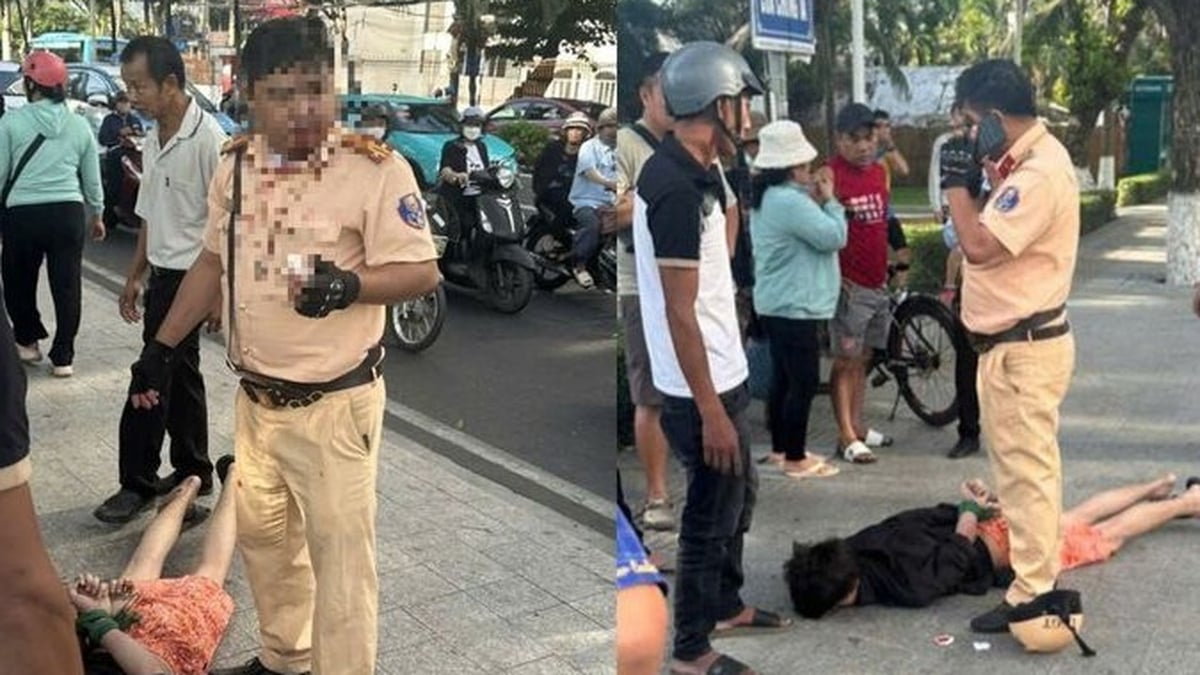

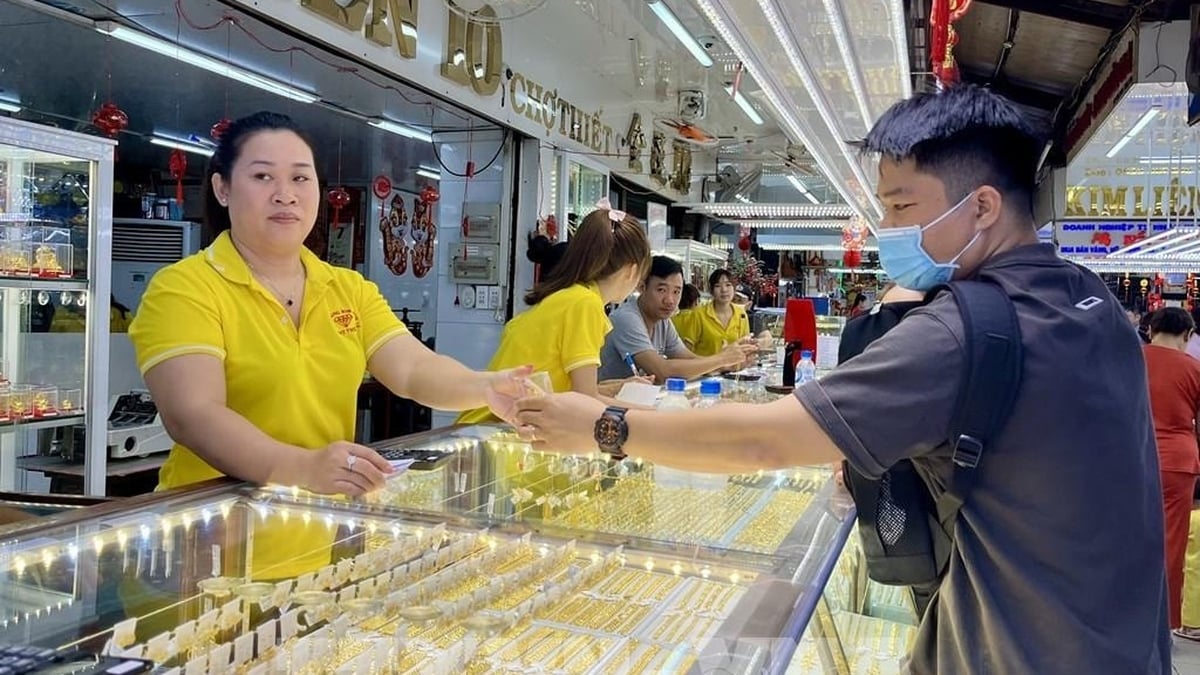







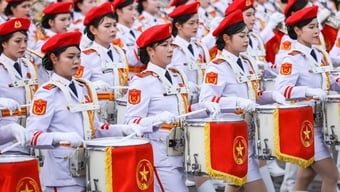







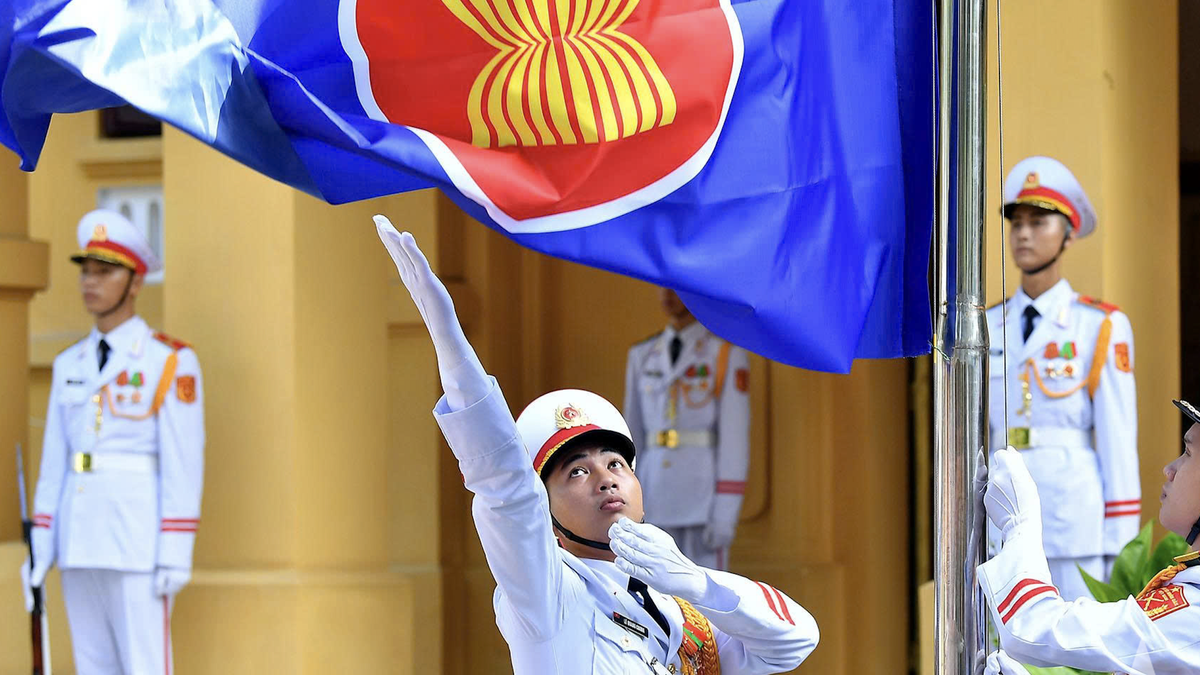

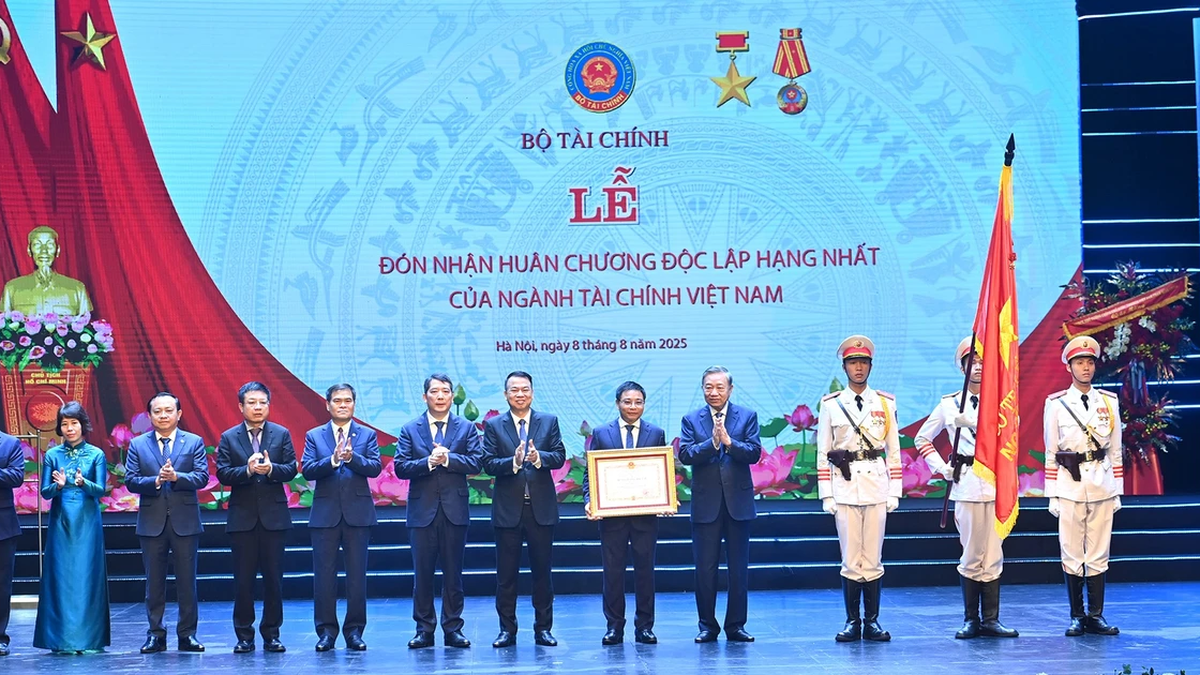
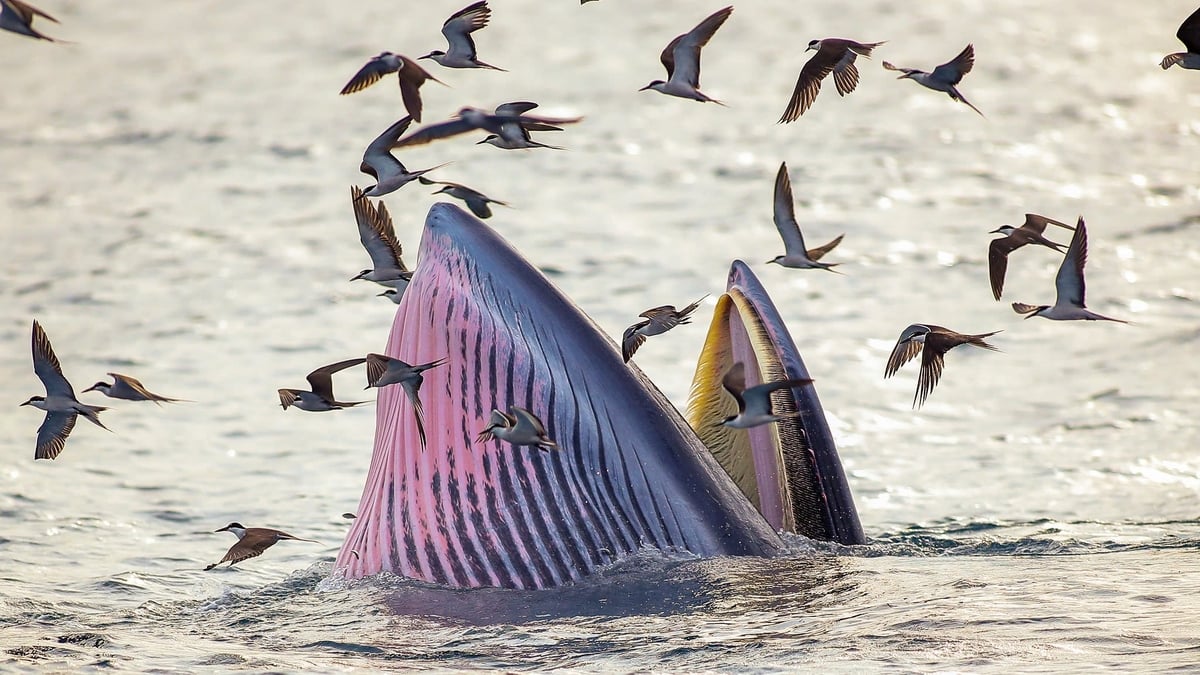
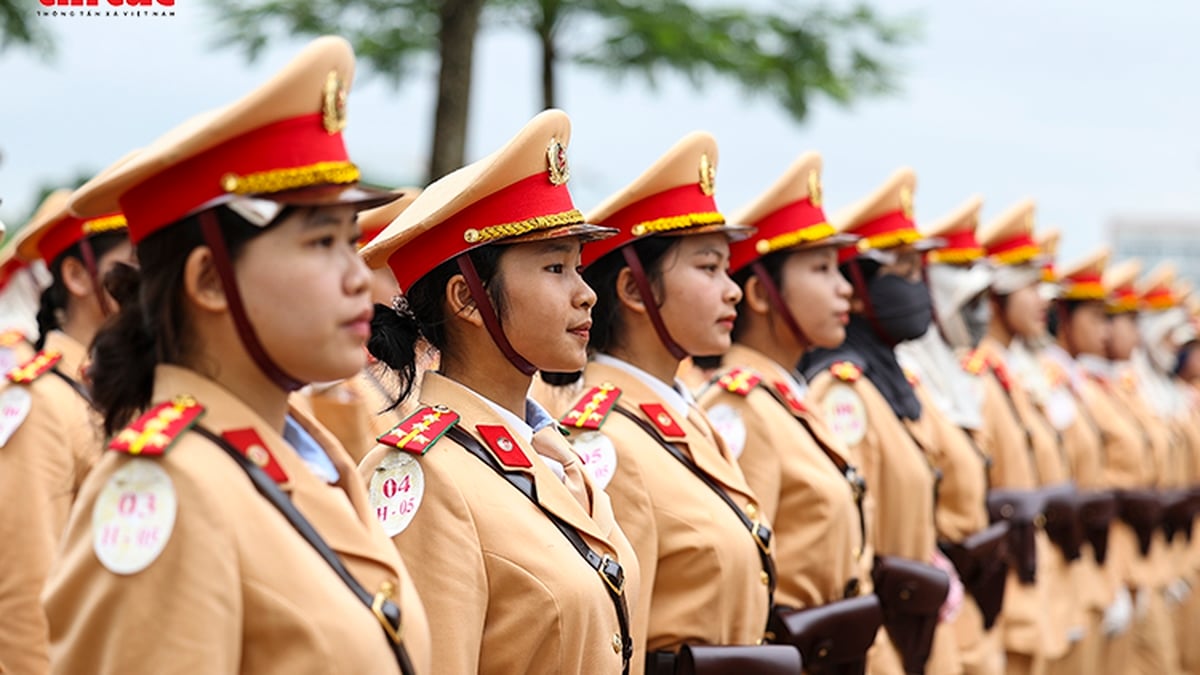

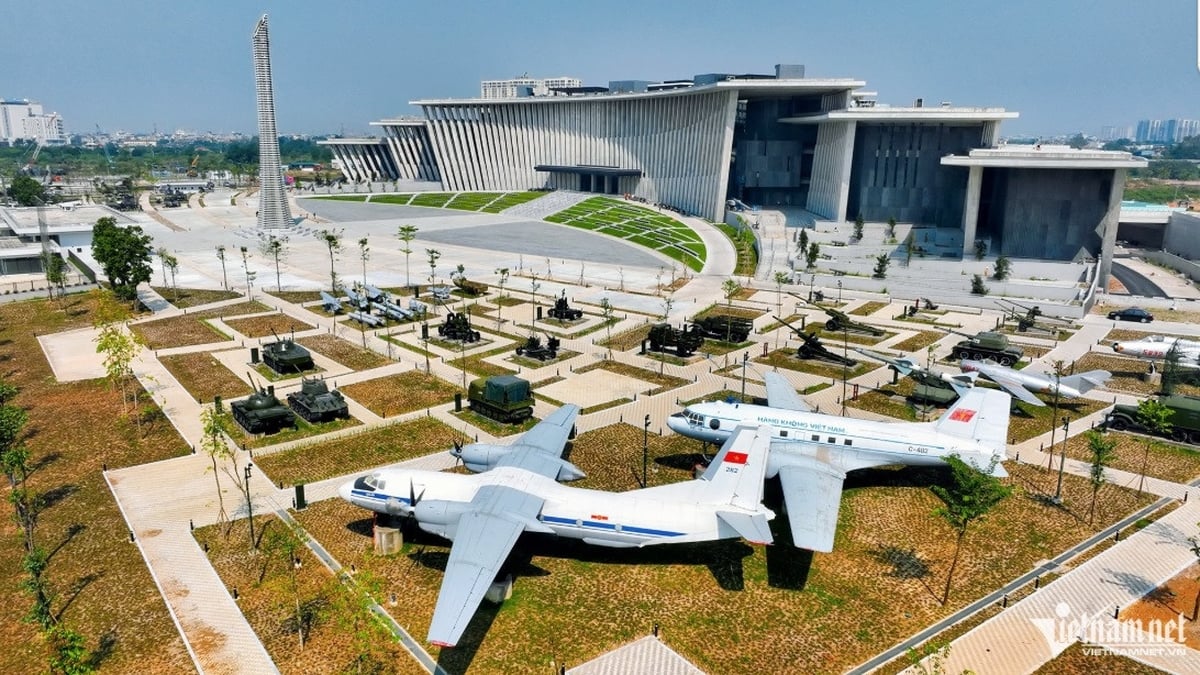
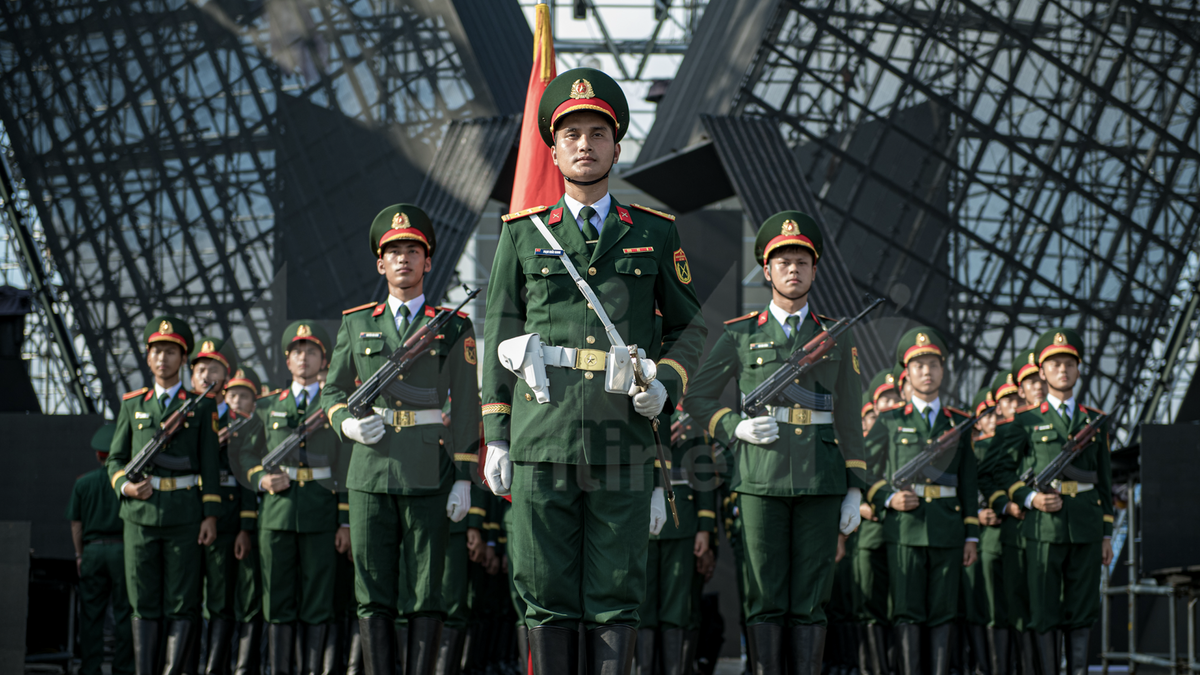
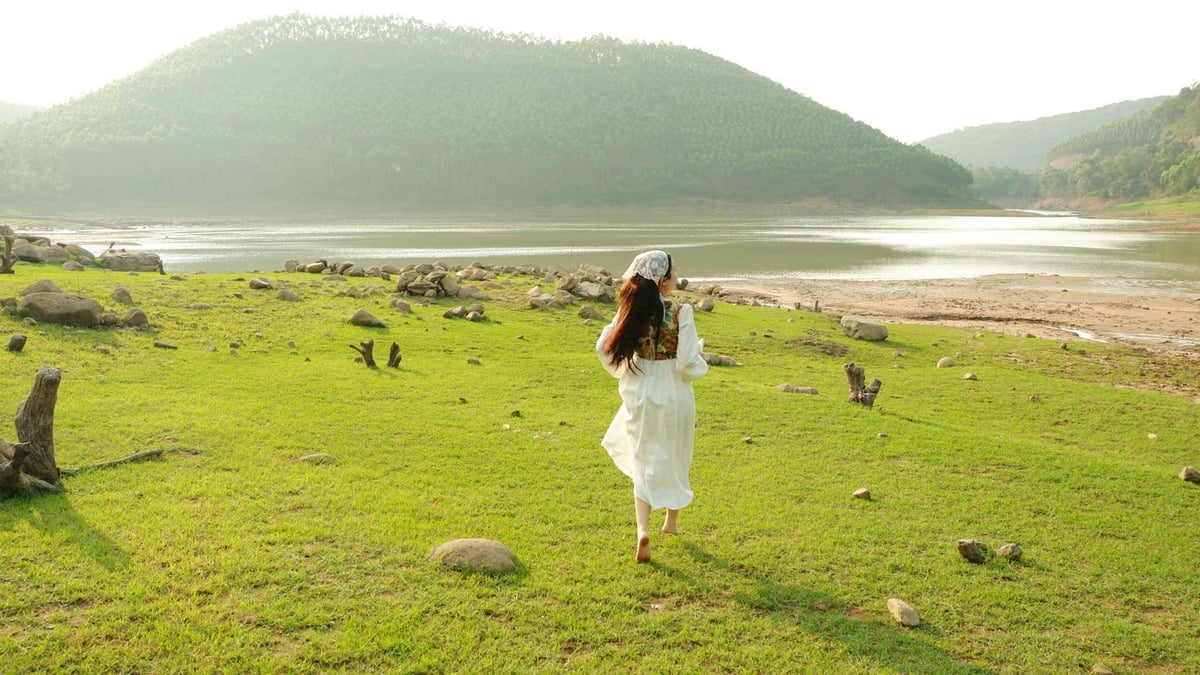
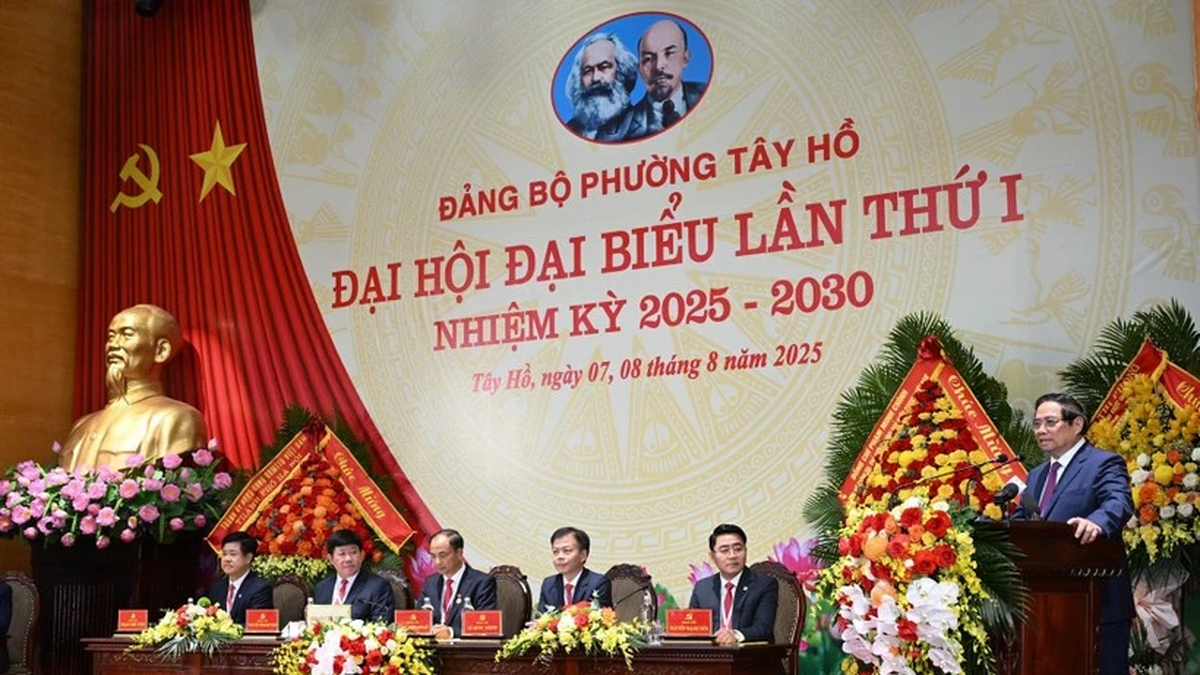
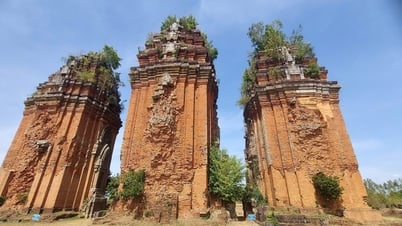

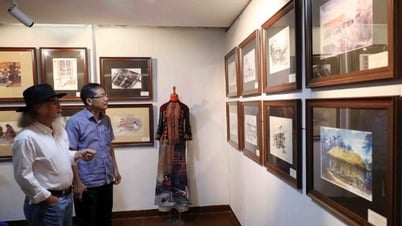

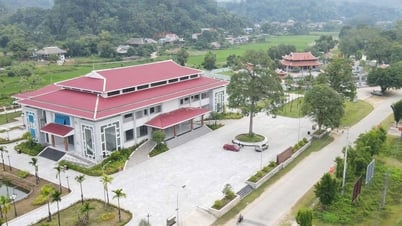

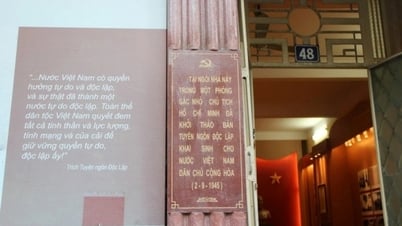

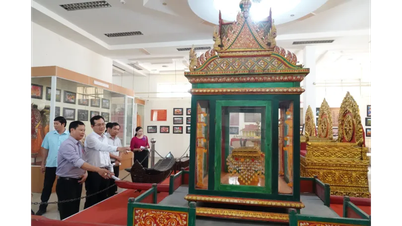

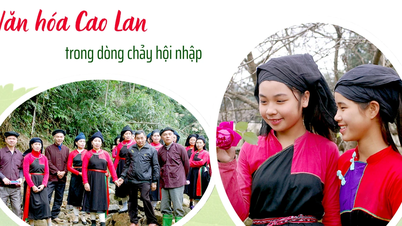

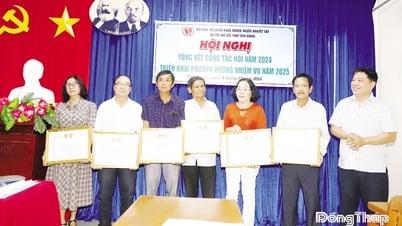



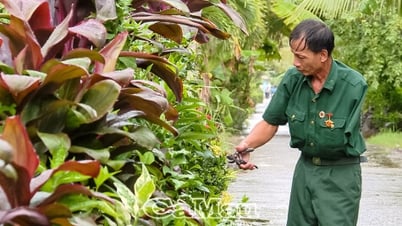











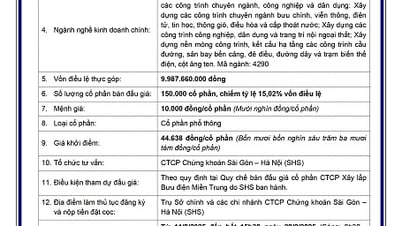
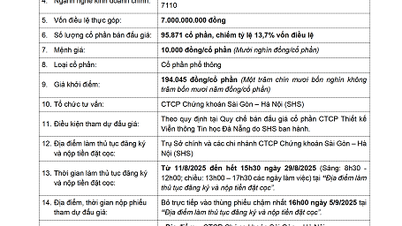



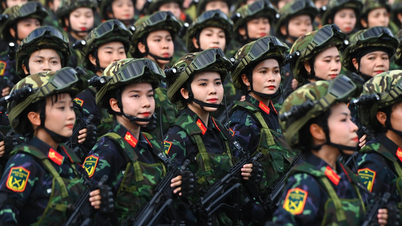




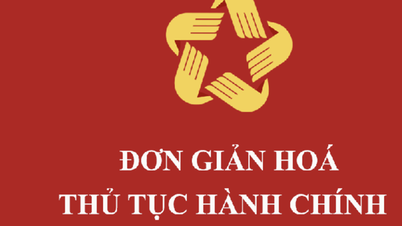
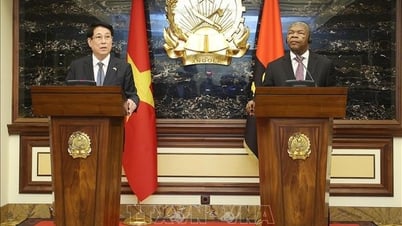

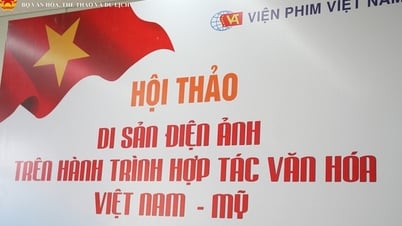


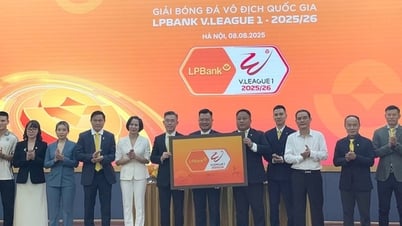




















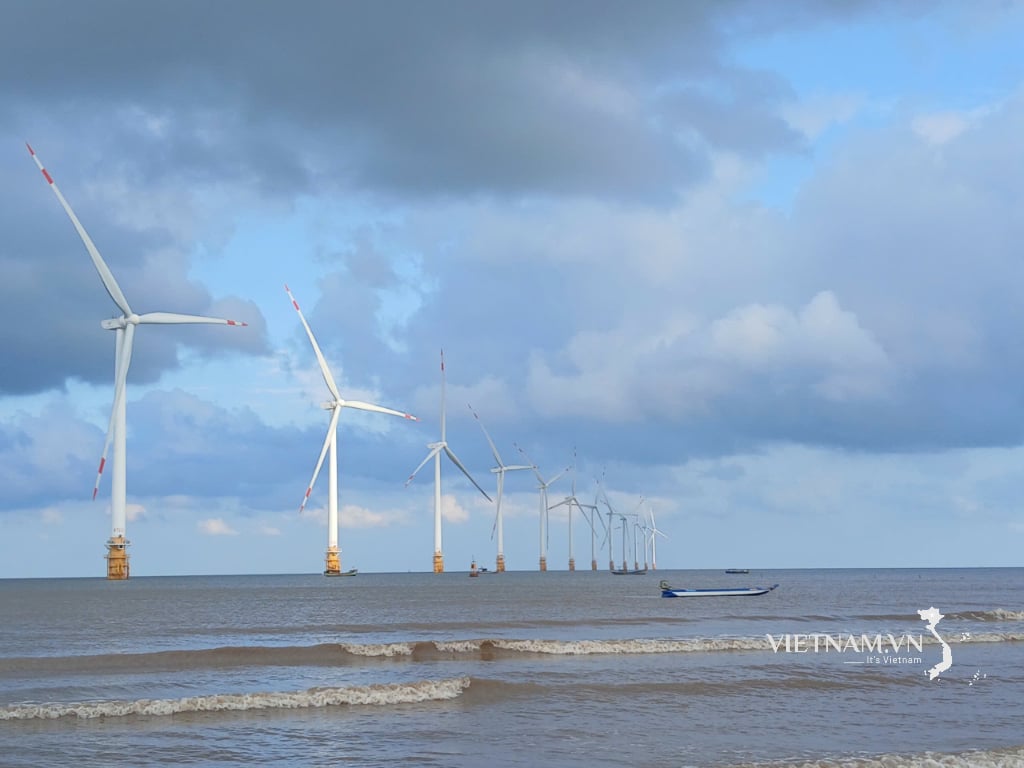

Comment (0)